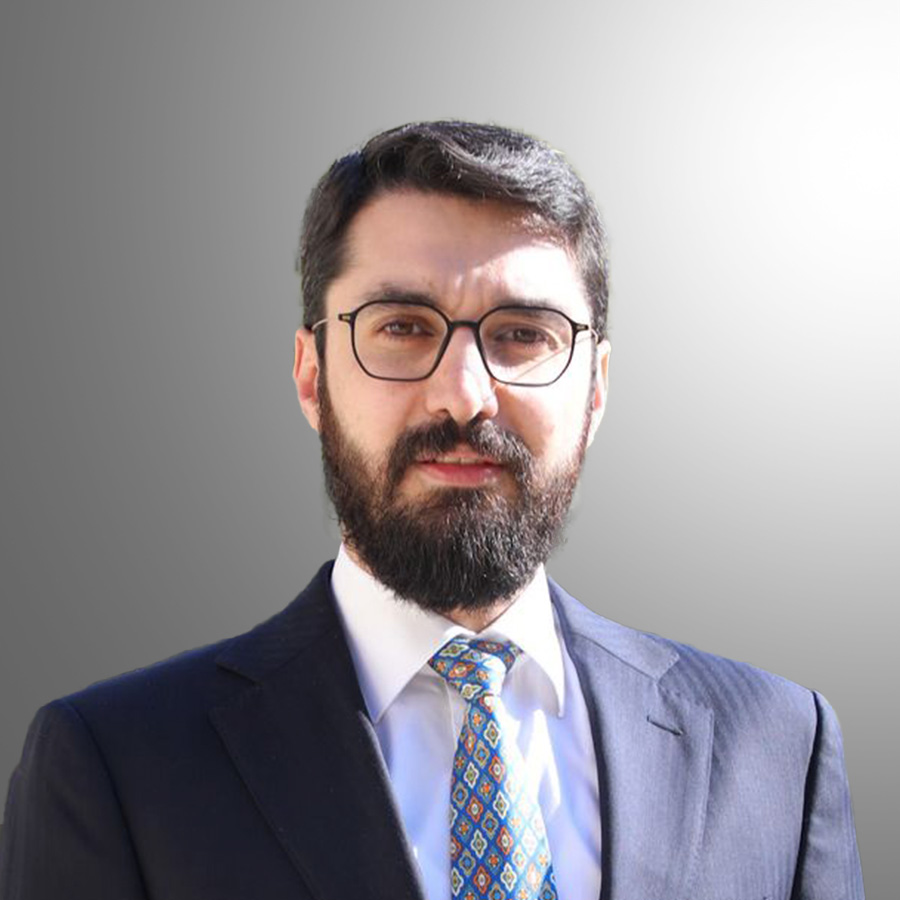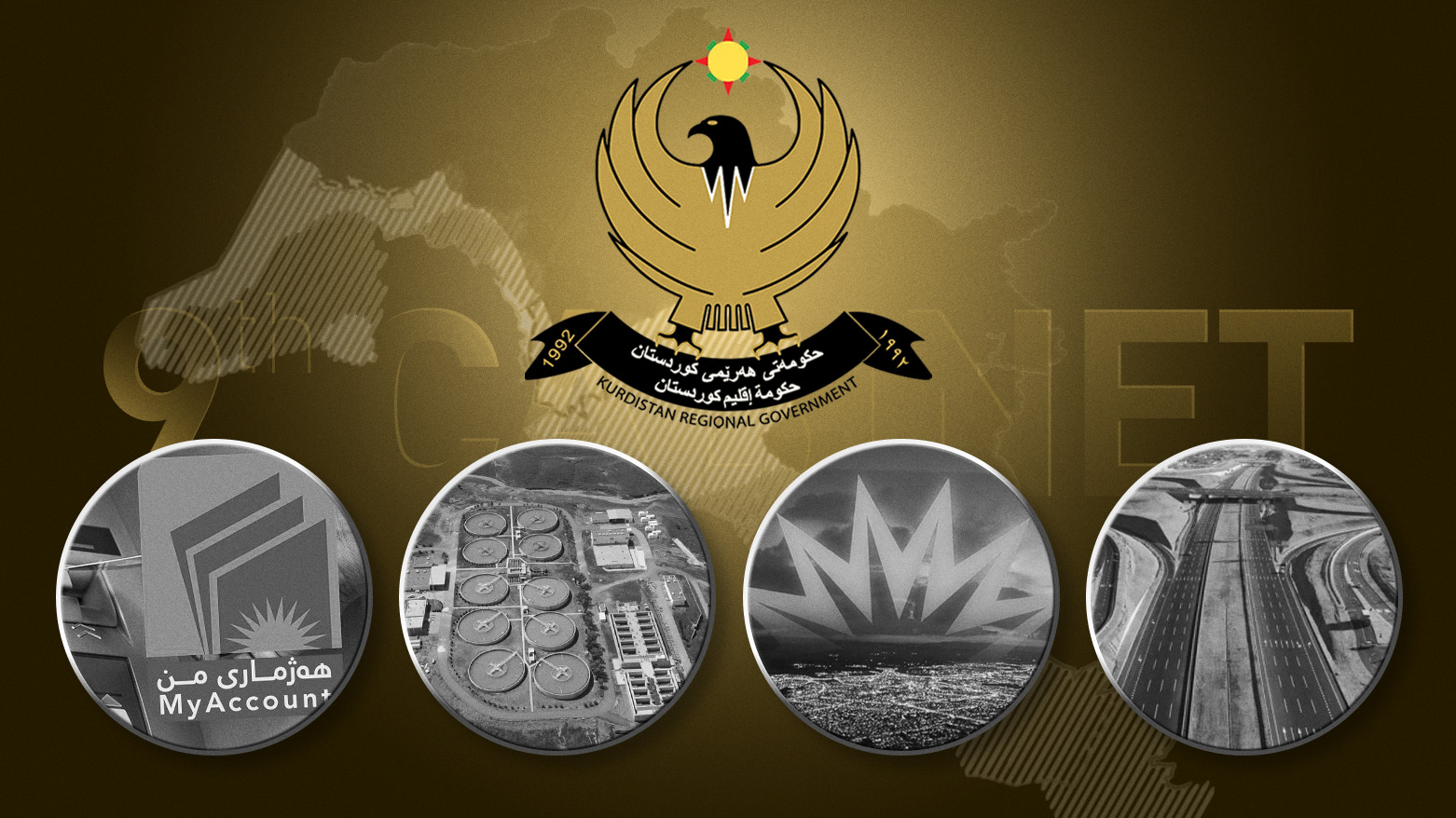
Dr. Havind Bayar Ibrahim
Writer
The Turning Point – The KRG’s Ninth Cabinet
Since 2019, the KRG’s Ninth Cabinet has redefined governance—advancing roads, power, water, digitalization, and diplomacy despite setbacks.

By Dr. Havind Bayar Ibrahim
Understanding the Turning Point:
Throughout history, we can identify many turning points. Turning points among academics and politicians are considered as an event, idea, or action that causes a profound, irreversible, and lasting change during human development. These events are more than just important events; they fundamentally are the long-lasting changes in the political, social, economic, or cultural trajectory of a society, a nation, or the world.
The turning points that we will mention here are causing significant and permanent changes for the entire world or for a population in a specific geographical location. Although some turning points have an immediate and obvious impact, while others are only recognized as central in retrospect, as their long-term consequences unfold. Furthermore, turning points often lead to some other fundamental developments or changes.
Some Examples of Major Turning Points in modern History:
Some of the major turning points in modern history have been witnessed, such as the events below:
World War I (1914–1918) and World War II (1939-1945)
Primary examples are the two world wars, which are among the most significant global conflicts that were turning points on an unprecedented scale in modern history. It led to a fundamental reshaping of the world's political map, international political system, and power dynamics. The wars resulted in the decline of some powers in the international community, such as colonial empires, the rise of other powers, such as the United States and the Soviet Union as global superpowers, the creation of the League of Nations and later the United Nations, and the dawn of the nuclear age. The technological and social changes that emerged from the war, from computer science to decolonization movements, continue to shape our world.
The fall of the Berlin Wall on November 9, 1989
The end of the Cold War (1945-1989) is a symbolic turning point in modern history. After the Second World War, the international system was considered a bipolar system. Physically and ideologically, the world has been divided into two poles, the United States on one side and the USSR on the other side, or in other words, capitalism on one side and communism on the other side. The fall of the Berlin Wall and the end of the Cold War caused a change in the international system to a unipolar system, and the rise of new states.
Major Turning Points in the History of Kurds:
The Treaty of Sèvres (1920) and the Treaty of Lausanne (1923). The collapse of the Ottoman Empire presented the first modern opportunity for Kurdish statehood. The Treaty of Sèvres, signed in 1920, included provisions for an independent Kurdish state. This was a crucial moment that formalized the hope of Kurdish nationalism on the international stage. However, the treaty was never ratified.
The Treaty of Lausanne in 1923 crushed this hope. The new treaty, which established the borders of modern Türkiye, made no mention of a Kurdish independent state. This single event is arguably the most significant turning point in modern Kurdish history, as it cemented the division of the Kurdish homeland among four different nation-states, leading to decades of conflict and repression until today.
The Anfal Campaign (1988)
The Anfal Campaign was a genocidal campaign carried out by the predecessor regime of Saddam Hussein in Iraq against the Kurds. The campaign, which included the use of weapons of mass destruction and chemical weapons, most notably in the city of Halabja, resulted in the death of nearly 182,000 civilians and tens of thousands of Kurds and the destruction of hundreds of villages.
The Anfal Campaign was a turning point because it elevated the Kurdish struggle from a regional issue to a global humanitarian concern. The sheer brutality of the attacks brought the plight of the Kurds to international attention, leading to a shift in world opinion and setting the stage for future international intervention.
The 1991 Uprisings and No-Fly Zone
Following the 1991 Gulf War, a widespread popular uprising erupted across Iraq against Saddam Hussein's regime. In the north, Kurdish Peshmerga and civilians took control of major cities. However, the Iraqi army brutally suppressed the rebellion, leading to a humanitarian crisis as over a million Kurds fled to the mountains on the borders of Türkiye and Iran, during Operation Provide Comfort.
This mass exodus was a critical turning point. It led to the United Nations and a U.S.-led coalition establishing a no-fly zone over northern Iraq to protect the Kurds. This intervention created a de facto haven and allowed the Kurdistan Region to establish its own parliament and government, a semi-autonomous entity that has since become the most stable and prosperous region for Kurds in the Middle East. It marked the first time in modern history that a significant portion of Kurdistan achieved a form of self-governance.
Over the past decade, a few major events have brought the Kurds to the forefront of international attention. The defeat of ISIS was a globally significant event, with particular importance for the Middle East. The Kurdish Peshmerga, with crucial support from coalition forces, succeeded in defeating what was considered the largest terrorist group in the world at the time. The Peshmerga were widely seen as a force that fought to protect regional democracy and human rights and to stop the expansion of ISIS and its threats.
After this victory, the 2017 independence referendum marked another critical moment for the Kurdish cause on the world stage. More than 92% of Kurds in Iraq voted in favor of independence. While this referendum faced a negative international backlash against the Kurdistan region, most of the Kurds consider it the most significant turning point in their history.
The Ninth Cabinet:
Since the Kurdish uprising in 1991, the southern part of Greater Kurdistan has established a semi-independent government. However, July 10, 2019, is considered a turning point in the modern history of Kurds. With the establishment of the Ninth cabinet of the Kurdistan Regional Government, the performance and understanding of governance and state-building have changed. The projects and the achievements of the Ninth cabinet are long-term and strategic projects for the next generations. Even with constrain imposed by the federal government, the Ninth cabinet has continually succeeded over the setbacks, such as the cutting of salaries and the KRG's share of the federal budget. The governing performance and the diplomatic achievements of the Prime Minister during the past six years are appreciated by the citizens of the region and most of the politicians and citizens from other parts of Iraq, neighboring, and international countries.
Road Infrastructure
Simple necessities of life were a dream for the Kurdistan Region’s population, but the Ninth cabinet made the impossible possible. The infrastructure of thousands of kilometers of new roads made the development process of communication between and among every part of the region and the border area more efficient. In general, from the establishment of the ninth cabinet 718 road projects has been completed, over 2,681 km of new roads have been opened between cities for a total of 1.03 trillion Iraqi dinars. Amongst these road projects, the quality of roads and traffic camera systems has saved thousands of lives compared to the previous roads.
Apart from the roads outside cities 2,168 road projects for opening new roads and construct the exciting roads within cities has been done for over two trillion Iraqi dinars.
Runaki Program
Electricity in the Kurdistan Region has been one of the fundamental challenges for the government since the 1991 Kurdish uprising. The Ninth cabinet started a project called “Runaki,” and they successfully provided 24-hour electricity for almost 4,000,000 citizens. By the end of 2026, the entire region will enjoy 24-hour electricity under the establishment of the electricity program.
MyAccount
MyAccount is another strategic turning project for the banking system and digitization of the distribution of salaries. This project has nearly 900,600 public service members and continues to grow. These members now enjoy international banking and receive their salaries from over 440 installed ATMs at any time of the day.
Erbil Water supply emergency Project
The Erbil water supply emergency project is another long-term project to provide clean water in Erbil for at least the next 30 years. Clean water was one of the major problems for the city of Erbil and across the region. This project can filtrate 480 thousand cubic meters of water daily. The cost of the project is 480 million dollars. Apart from this project billions of dollars have been spent on water security.
Digitalization
The digitalization of the government, or E-governing, is one of the goals of the Ninth cabinet. This project could successfully digitalize the formal routine of the citizens and reduce corruption to the highest level in a government that depends on international standards. KRD pass is the digital identity of everyone is an example of this project.
Green Belt Project
The green belt around Erbil is one of the most important projects for the future of this region. Around 7 million trees will be planted around the 150m road in Erbil, and 10 ponds will be constructed within the project which will have a significant improvement in the quality of the air with the support of the Runaki program, as 3,222 generators have been phased out. Over 140-210 tons of CO2 (Carbon dioxide) will be reduced from the air.
Kurdistan status in the international arena
To strengthen the status of Kurdistan Regional Government in the international community, the ninth cabinet has been more active with the Kurdistan Regional Government representations around the world. Currently, the number of active KRG representations offices around the world are 14 offices (Germany, USA, Australia, Italy, Spain, Iran, United Kingdom, France, Sweden, Switzerland, Russia, Austria, Poland, European Union).
Further, in the past 6 years, the KRG built strong relations and became a trusted ally to most of the regional and international states. Today 38 consulates and foreign offices are active in Kurdistan such as, (South Korea, Austria, Czechia republic, Iran, Russia, France, Germany, Greece, Netherlands, Türkiye, Egypt, United Kingdom, USA, Italy, Jordan, Palestine, United Arabs Emirates, Sweden, Poland, Romania, Canada, Bulgaria, Hungary, China, Kuwait, European Union, Saudi Arabia, India, Japan, Arminia, Qatar, United Nations, Sri Lanka, Cyprus, Philippines, Spain, Danmar, Slovakia).
The examples mentioned before and hundreds more examples of the Ninth cabinet and the plans of the upcoming tenth cabinet projects are a testament to Kurdistan’s development and the integration of the region in the global world. The long-term and strategic projects in the region are evidence for the long vision of the Prime Minister and the plan of state building, for us and for the next generations. The Kurdish steps toward self-governing and state-building have never been this fast, and the strategic thoughts and the vision for the future have never been this sharp throughout history. The international community is looking at the Kurdish case not as a humanitarian case anymore, but as a statehood seeker and a fundamental region of stability and prosperity.
The views expressed in this article are those of the author and do not necessarily reflect the editorial stance of Kurdistan24 English.